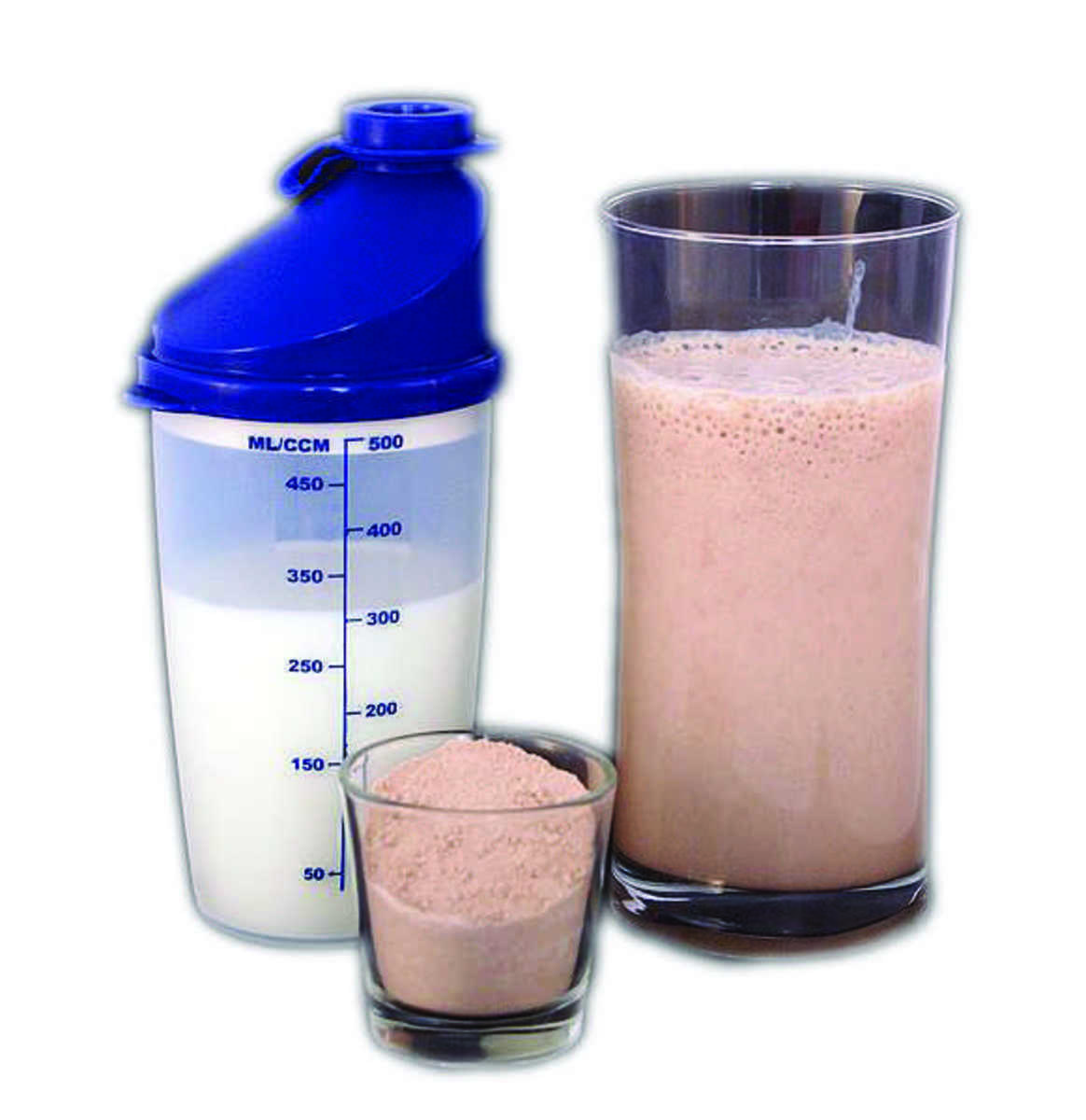
Protein has always had a positive image in the public eye. We all know it as the lovely nutrient that helps us grow strong. But here in America, we like things in excess. Americans consume twice as much protein than the recommended daily value in meat alone, according to a study by Door to Door Organics. So it’s no surprise that protein supplements have filled the shelves and emptied our pockets. But how much good are these supplements really doing our bodies?
Women, on average, should consume 46 grams of protein daily, and men around 56 grams, according to the Centers for Disease Control. This is not as much protein as you may think. Roughly 3.5 ounces of Hemp Protein Powder contains 50 grams of protein on its own. If a few ounces of this protein powder is giving us enough protein for the entire day without eating anything else, perhaps the risk is worth considering.
Is Supplemental Protein Risky?
Excessive levels of protein means more substances for your kidney to get rid of. This means the kidney has to work extra hard. This could result in kidney damage, according to the British Dietetic Association.
A high intake of protein can equate to calcium lost in excretion, according to a study done by The Journal of Nutrition. More calcium in urine means less calcium for your bones. Spread over a long term period, this could result in osteoporosis.
Protein supplements may cause dehydration. With these supplements, water travels to muscle instead of blood. This means less water in circulation and the potential for dehydration. This process also triggers another thought. While protein supplements are commonly taken in an effort to build muscle mass, a study done by The Journal of Sports Sciences suggests increased muscle mass is only due to water retention.
A Weight Loss Mechanism?
Let’s take the thousands of protein smoothies claiming to help you lose weight. When protein smoothies replace meals, then your caloric intake will likely go down and result in weight loss. Be aware that protein smoothies do not always contain all the necessary nutrients otherwise gained by eating whole foods. But protein smoothies are often high in calories. Taken alongside your regular amount of food, the addition of protein smoothies will spike up your caloric intake and cause you to gain weight.
You Don’t Need ‘Em.
- Save your money and get all the protein and other necessary nutrients from whole foods.
- Three glasses of skim or whole milk – 24 grams of protein
- Three scrambled eggs – 20 grams of protein
- Half a chicken breast – 27 grams of protein
- 2 tablespoons of peanut butter – 9 grams of protein
- 1 cup of black beans – 15 grams of protein
The FDA does not have guidelines regulating supplements. Yet we were more than willing to give the gym supplement industry, which includes protein supplements, $2.7 billion in 2008, according to the New York Times. Considering the aforementioned risks, perhaps the FDA should consider investing their time in this.







